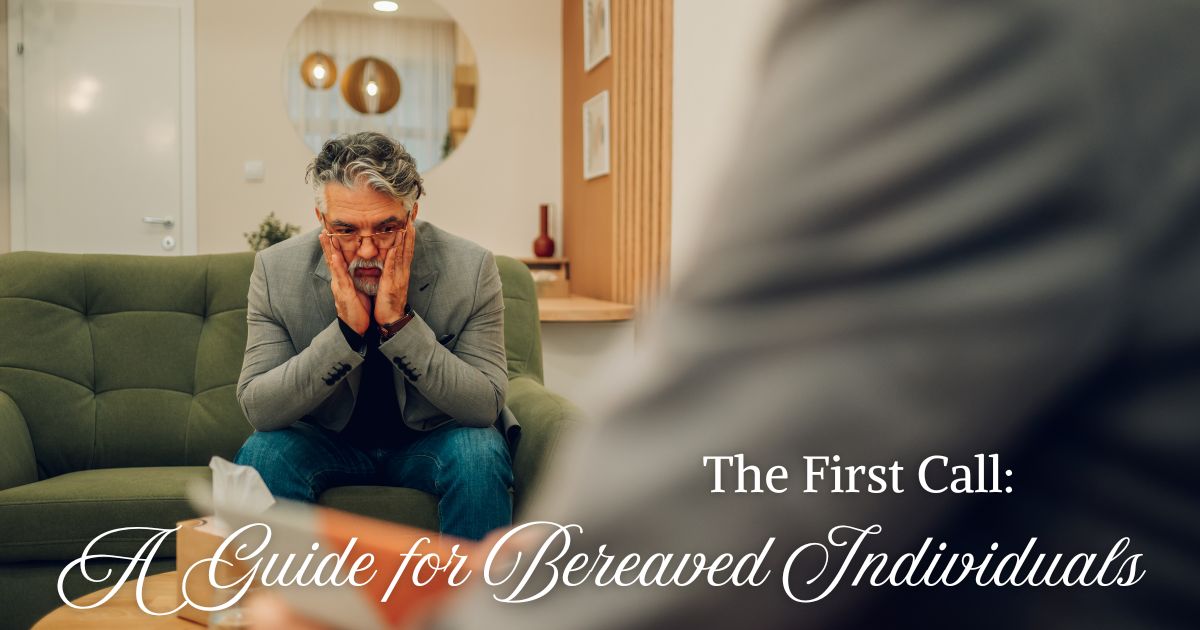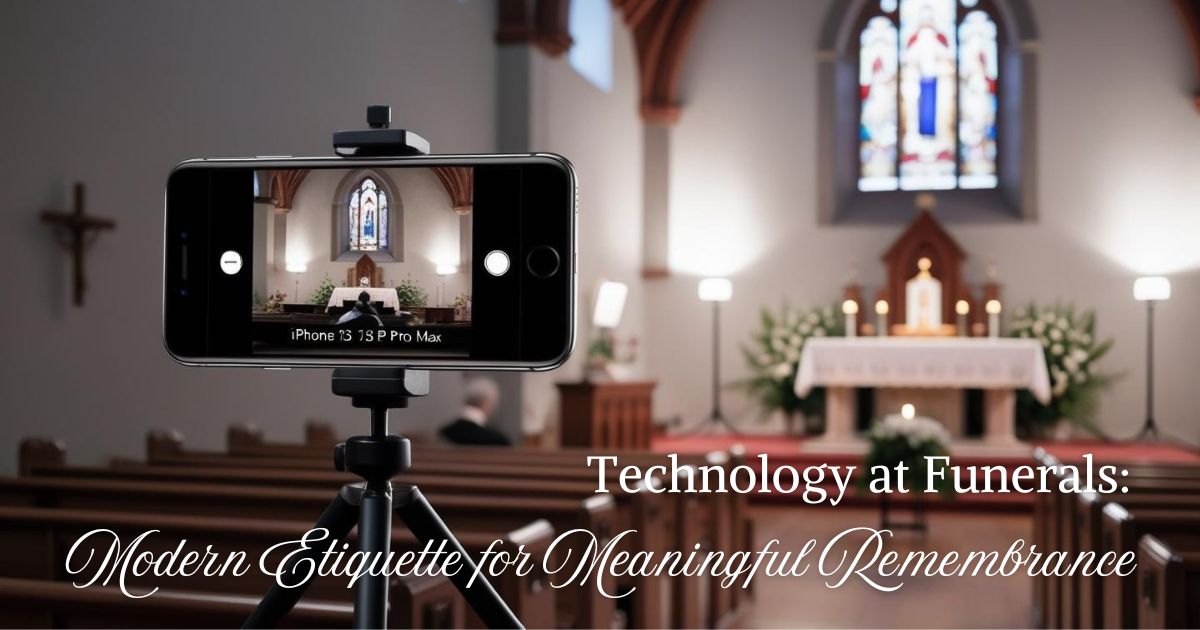
The "first call" to a funeral home is the initial communication following a death. It serves as the starting point for funeral arrangements and the transfer of the deceased into the funeral home's care. Understanding what this call entails can help alleviate some of the anxiety associated with this difficult task.
What is the First Call?
The first call is the moment a family member, close friend, healthcare professional, or other authorized individual contacts a funeral home to report a death. This call initiates the process of transferring the deceased, scheduling arrangements, and gathering necessary information. It's the first step in a series of events that will lead to the funeral or memorial service.
During this call, the funeral home staff will typically collect essential information, including:
-
Identification of the Deceased: Full name, date of birth, and location.
-
Location of the Deceased: Where the deceased is currently located (home, hospital, etc.).
-
Circumstances of Death: Date, time, and, if known, cause of death.
-
Caller's Information: Name, relationship to the deceased, and contact details.
-
Authorization: Confirmation that the caller is authorized to make arrangements.
The funeral home will also provide initial information, such as:
-
Removal procedures.
-
Scheduling of an arrangement conference.
-
Basic pricing information.
What to Expect During the First Call
-
Compassionate and Professional Communication: Funeral home staff are trained to handle these calls with sensitivity and empathy.
-
Information Gathering: Be prepared to provide the necessary details about the deceased.
-
Guidance and Support: The funeral home will offer guidance on the next steps.
-
Initial Questions and Answers: You may have questions, and the funeral home will provide answers.
-
Scheduling: You will likely schedule a time to meet for further arrangements.
-
Transparency: Expect clear and honest information about services and costs.
Emotions That Can Occur During the First Call
The emotional experience of making the first call to a funeral home is complex and deeply personal. It's crucial to acknowledge that any emotion that arises during this time is valid. Shock can manifest as a sense of detachment, a feeling of narrating someone else's story, as the caller attempts to process the impossible. This numbness serves as a temporary buffer against the overwhelming reality of loss.
Conversely, grief may erupt in a torrent of tears and choked words, a raw and visceral expression of the pain of losing a loved one. Confusion is also common, as the caller struggles to recall basic information or articulate their needs, their mind reeling from the shock. Anxiety can manifest as a knot of worry about the logistics, the costs, and the unknown steps that lie ahead. Even anger, though seemingly misplaced, is a natural response to the helplessness felt in the face of death's finality.
It's essential to understand that there is no "right" or "wrong" way to feel during this difficult time. Funeral home staff are trained to navigate these emotional currents with empathy and patience. They recognize that behind every shaky voice and moment of silence lies a heart breaking, and they are there to provide support, not judgment.
Whether the caller expresses their grief openly or remains stoic, their emotions are valid and deserve acknowledgment. The funeral home's role extends beyond the logistics of funeral arrangements; it encompasses providing a safe and supportive space for the bereaved to express their feelings without fear or shame. They understand that those calling are at their most vulnerable, and treat them with the utmost respect.
It's important to remember that funeral home staff are accustomed to dealing with these emotions and will handle the call with sensitivity and understanding. Do not hesitate to ask questions, or ask them to repeat information.





